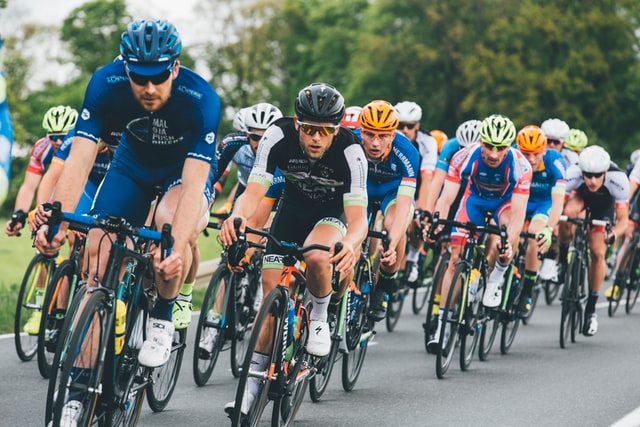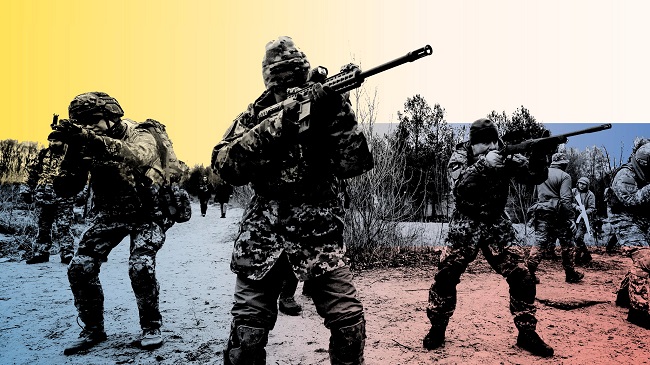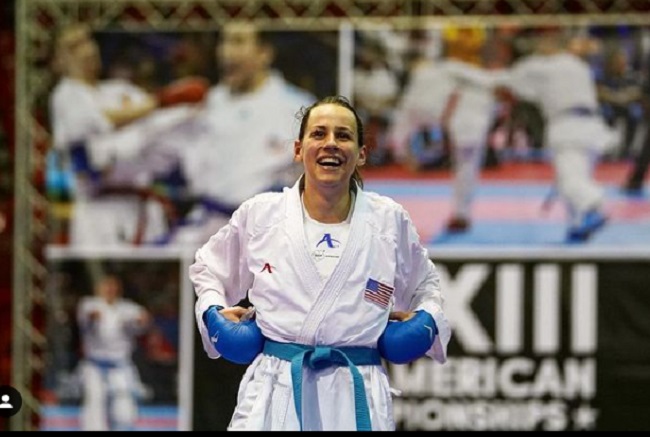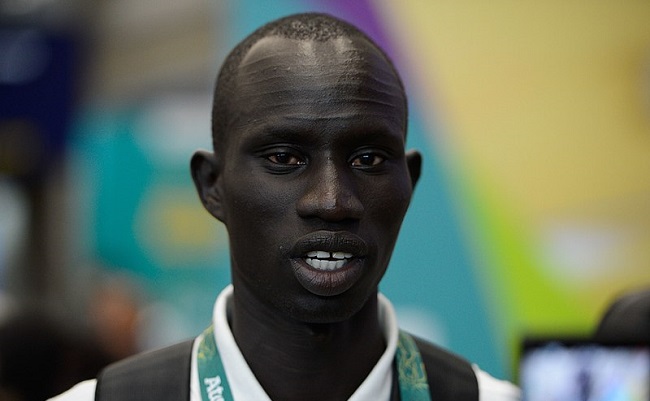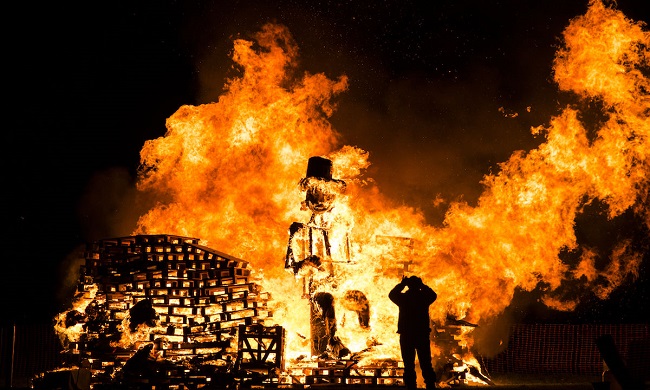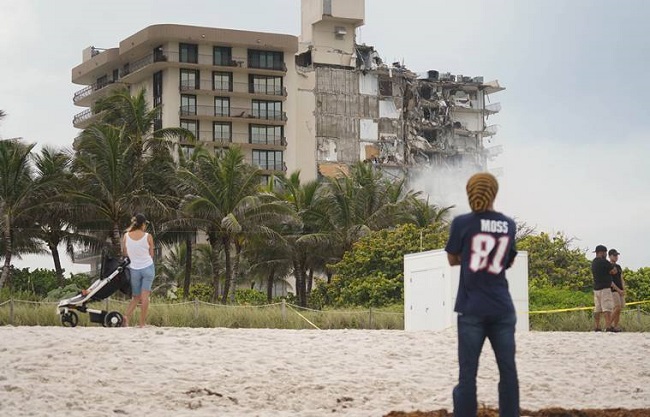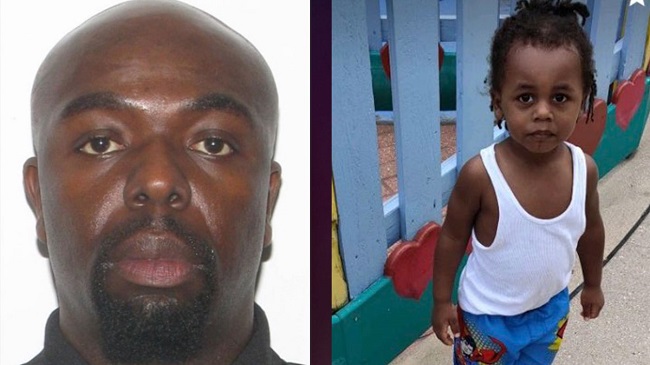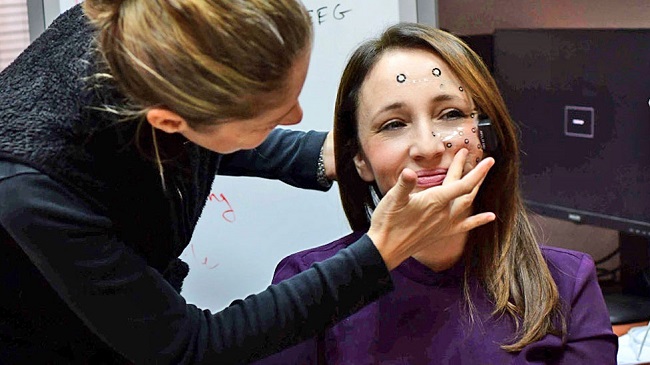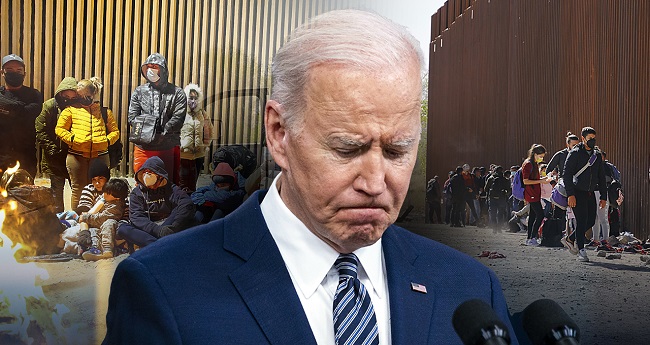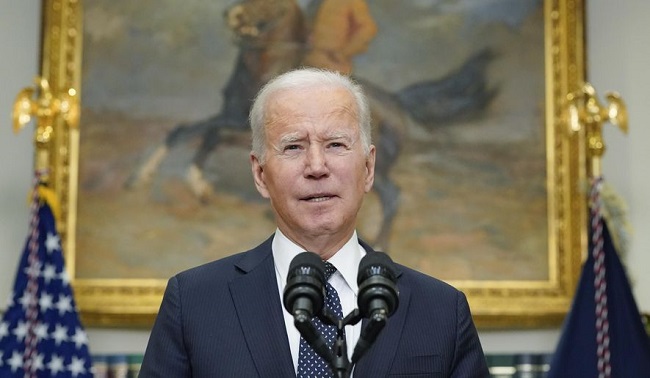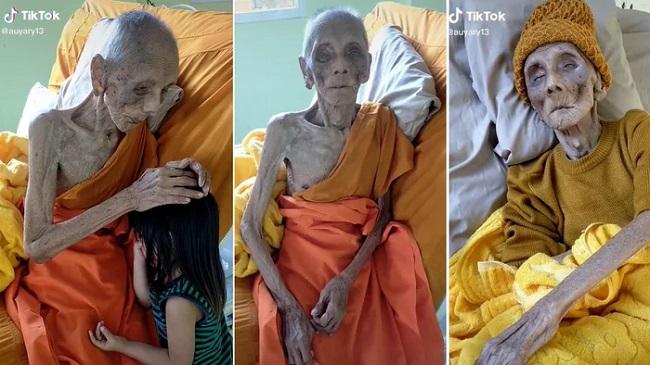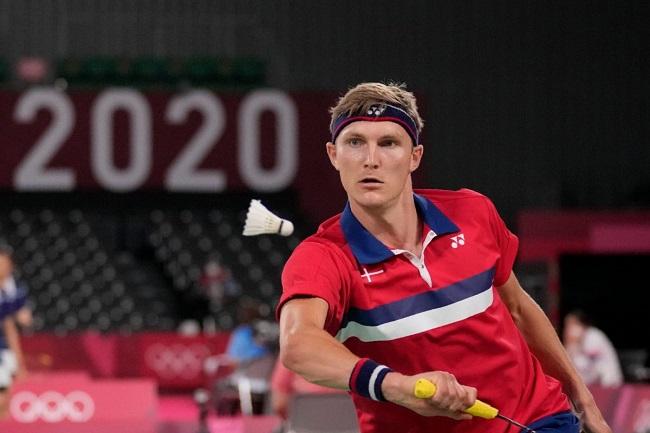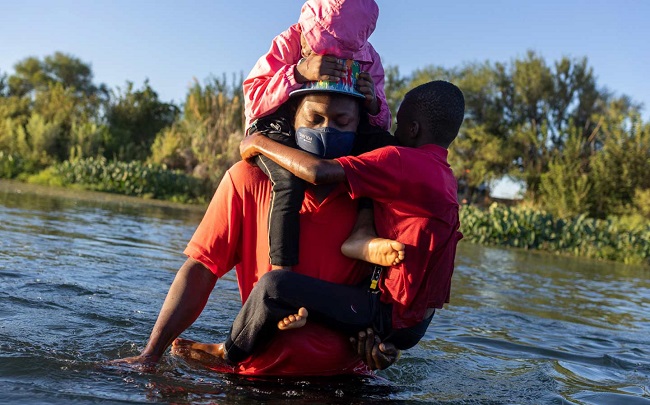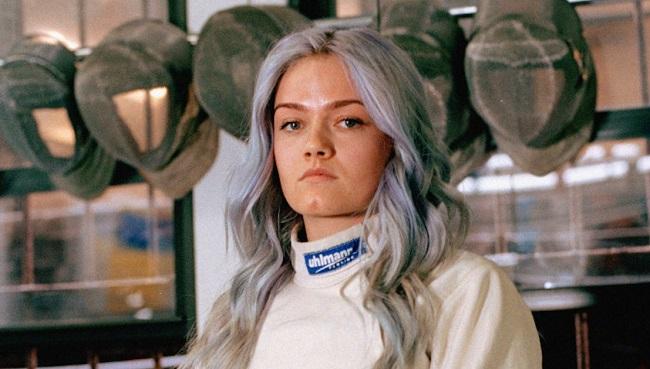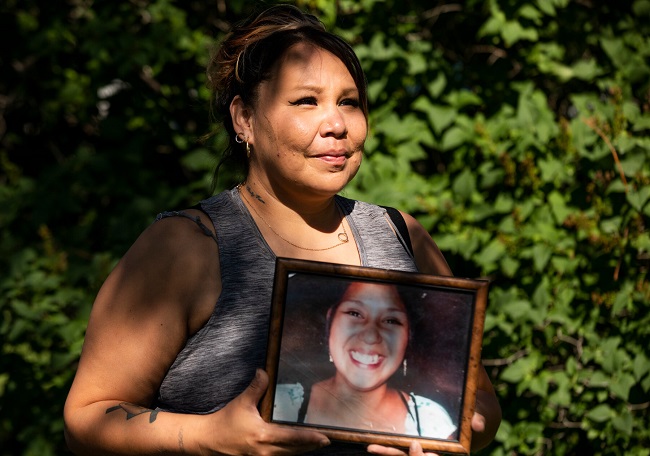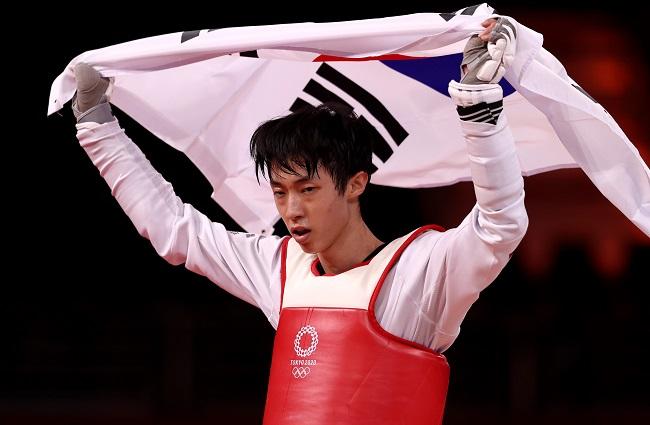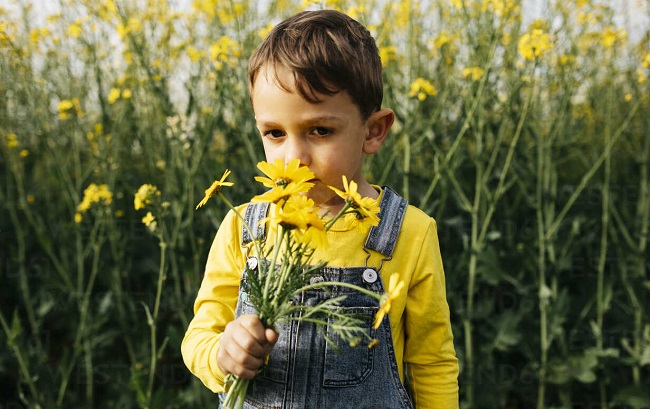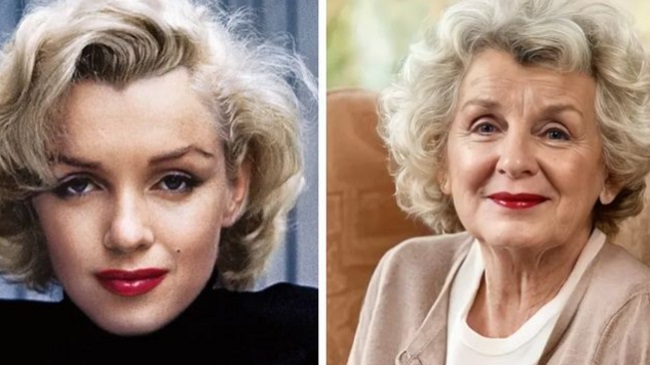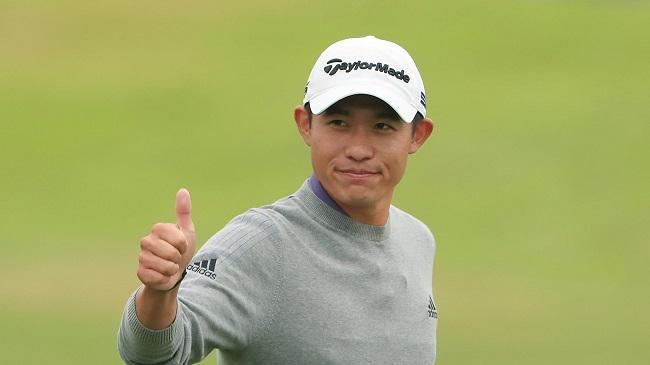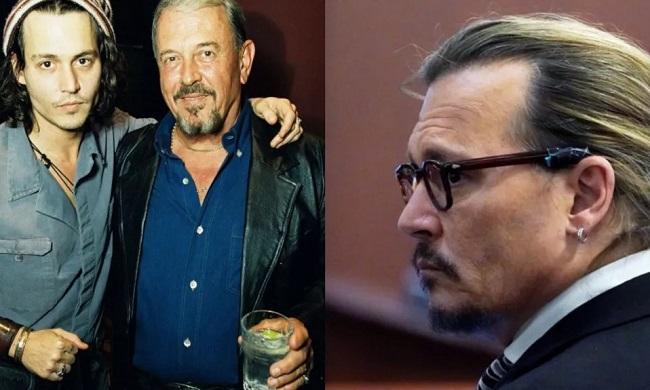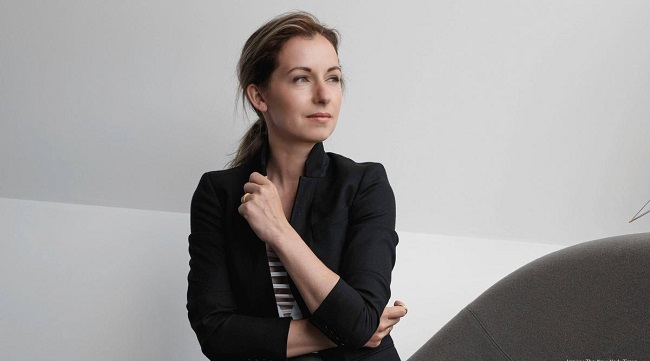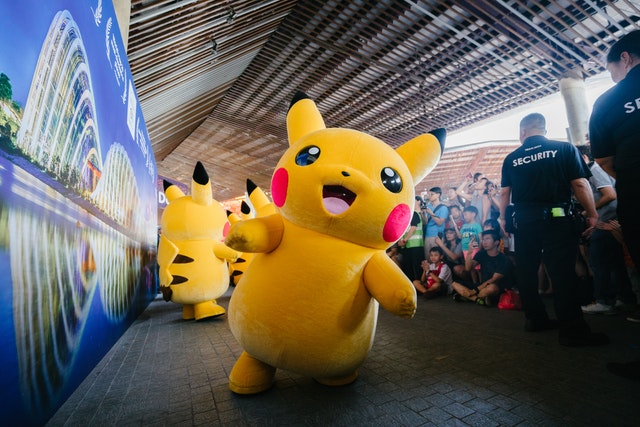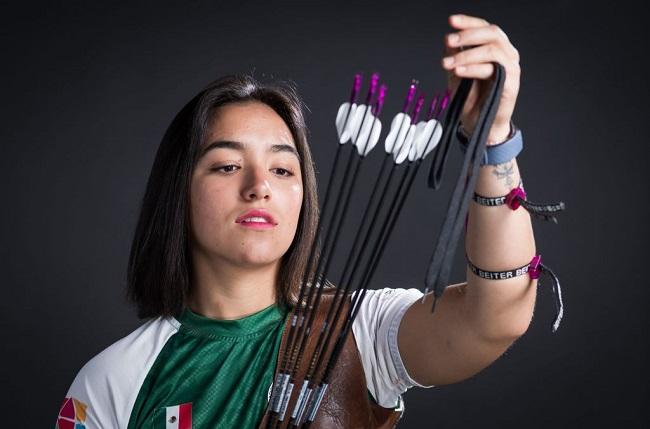After the conclusion of World War I, on November 11, 1919, the Olympic Games (also known as the VII Olympiad) were held in Antwerp, Belgium, from April 20 to September 12, 1920.
Many countries were unable to send athletes to the Olympic Games because of the catastrophic effects of the war, which included immense destruction and monstrous loss of life.
In spite of this, the 1920 Olympics went ahead as planned, and were marked by several firsts, including the first time the Olympic flag was used, the first time an athlete officially took the Olympic oath, and the first time white doves (symbolising peace) were released.
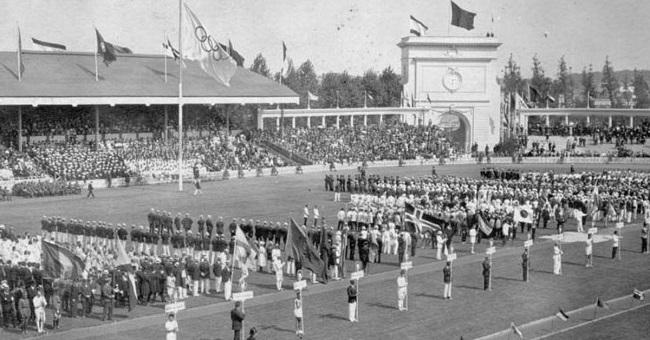
Lost Countries
Following the carnage of World Conflict I, many people questioned whether or not the aggressors in that war should be allowed to participate in the Olympic Games.
In the end, the Organizing Committee did not invite Germany, Austria, Bulgaria, Turkey, or Hungary despite the fact that they could have technically participated in the Games because the Olympic ideals stipulated that all countries should be permitted access. (Once again, these nations did not receive invitations to the 1924 Summer Olympics.)
The newly created Soviet Union also opted out of the conference. (Soviet Union athletes were banned from the Olympics until 1952.)
Construction Sites
War’s destruction across Europe meant it was impossible to secure the necessary resources to put on the Games. Not all of the buildings in Antwerp were ready for the athletes’ arrival. The athletes had nowhere to go but their cramped rooms, where they slept on folding cots because the stadium wasn’t finished.
Participation Rate Is Dismally Low
Unfortunately, not many people got to witness the debut of the official Olympic flag this year. Belgium lost almost 600 million francs due to the Games because of the low number of spectators. This was primarily due to the fact that people could not purchase tickets after the war.
Incredible Accounts
As a silver lining, Paavo Nurmi, one of the “Flying Finns,” made his Olympic debut in 1920. In his running, Nurmi was like a machine, maintaining a rigid posture and a steady cadence.
When running, Nurmi would even bring a stopwatch with him to time his progress and keep his pace consistent. In the subsequent Olympic Games in 1924 and 1928, Nurmi ran again and won a total of seven gold medals.
This Athlete, at Age 106, is the Oldest Ever to Compete in the Olympics.
While we tend to picture young, buff athletes competing in the Olympics, the oldest Olympian ever was 72 years old. Oscar Swahn, a Swedish shooter, competed in the Olympics in both 1908 and 1912, when he won a total of five medals, three of which were gold.
Swahn, then 72 years old and with a long white beard, placed second in the team running deer double shots event at the 100 metres at the 1920 Olympics.




